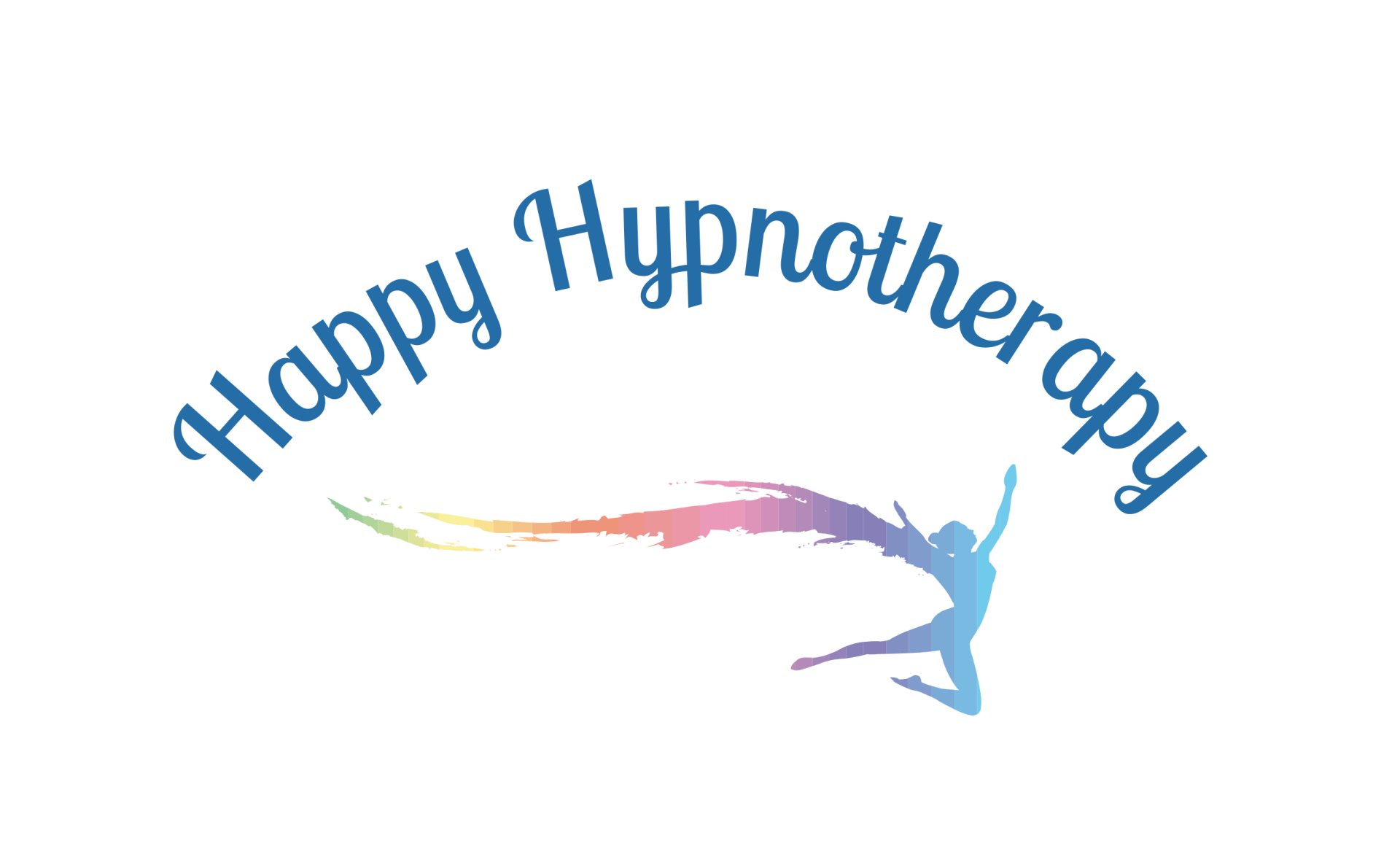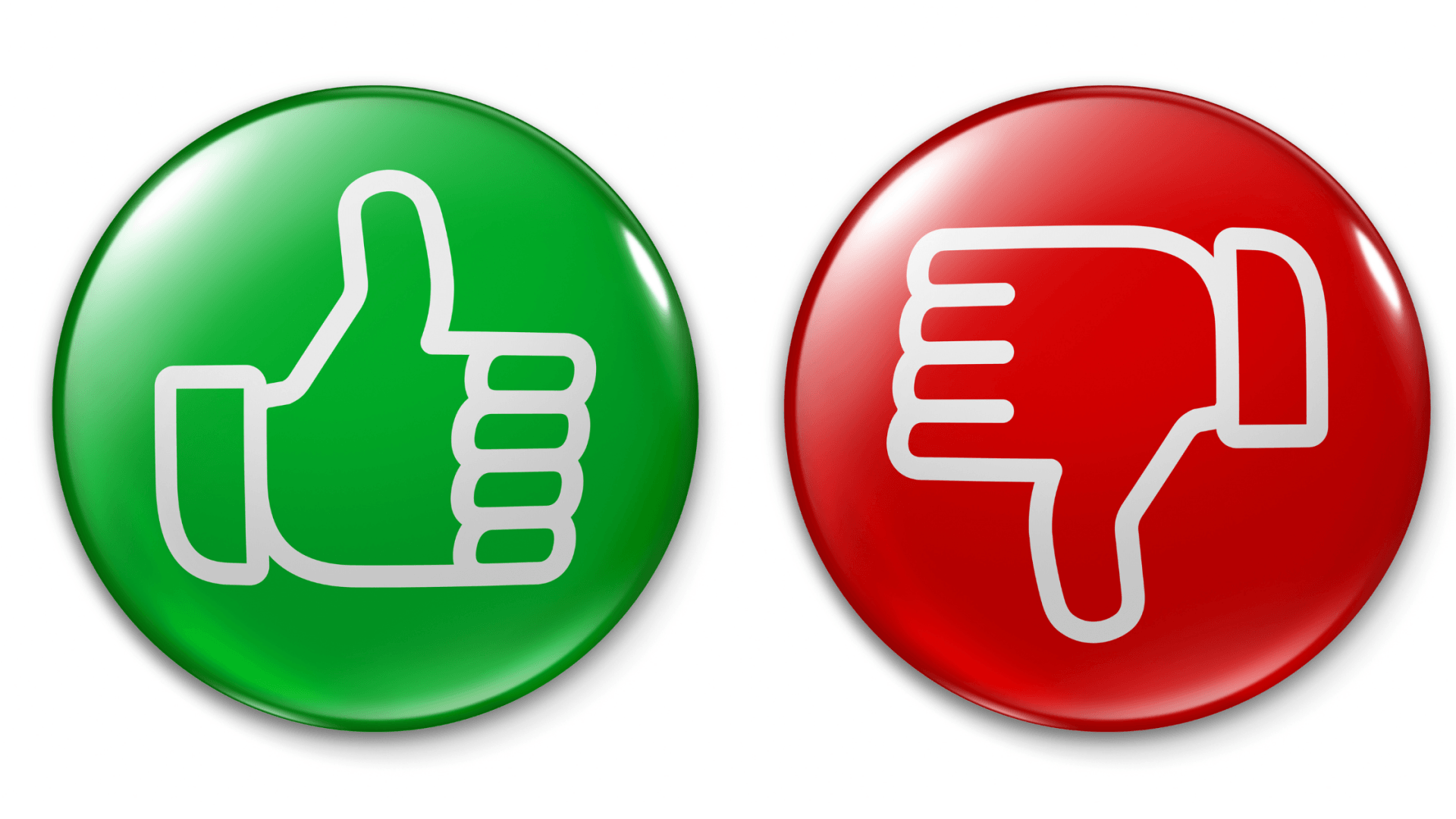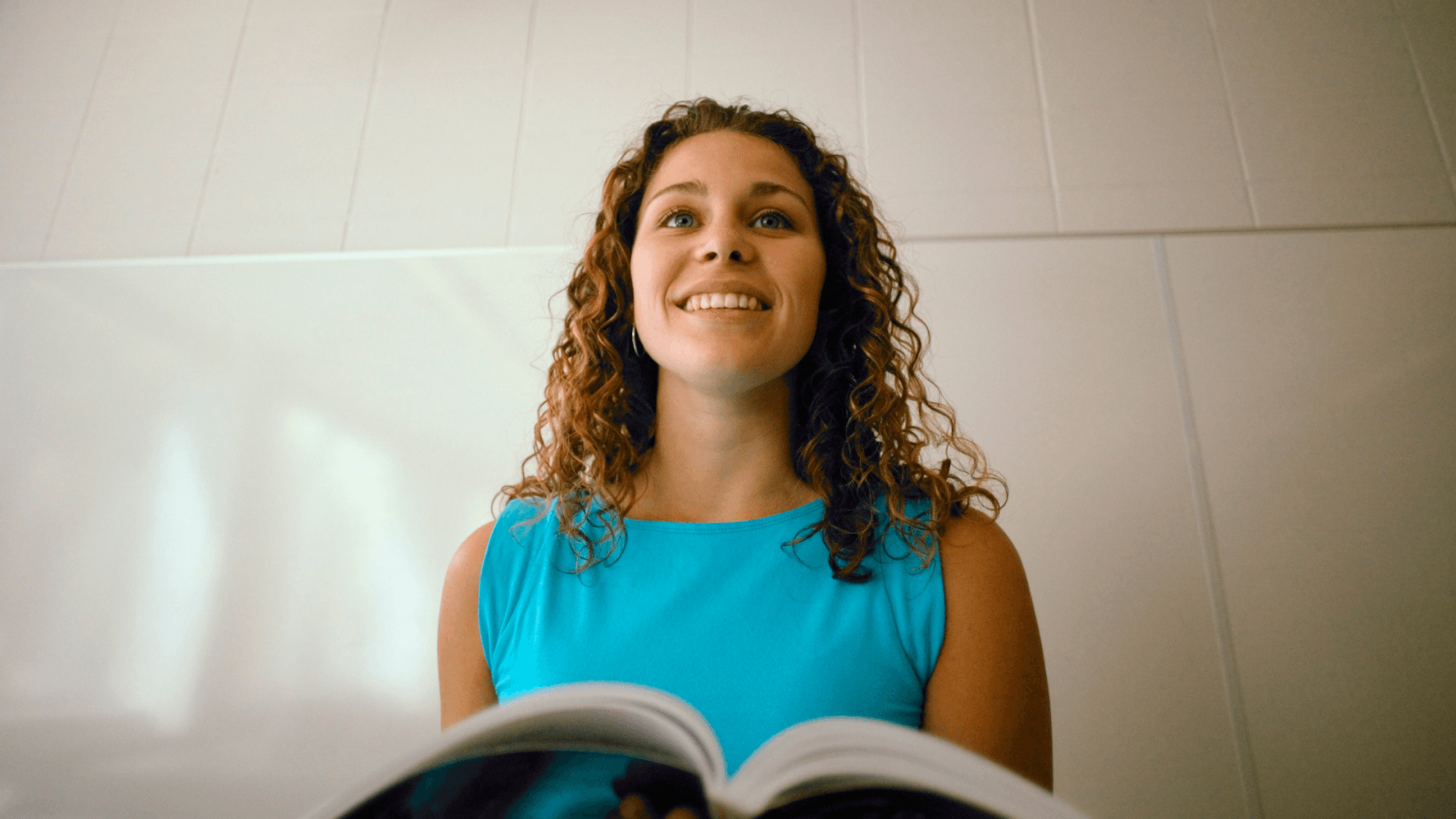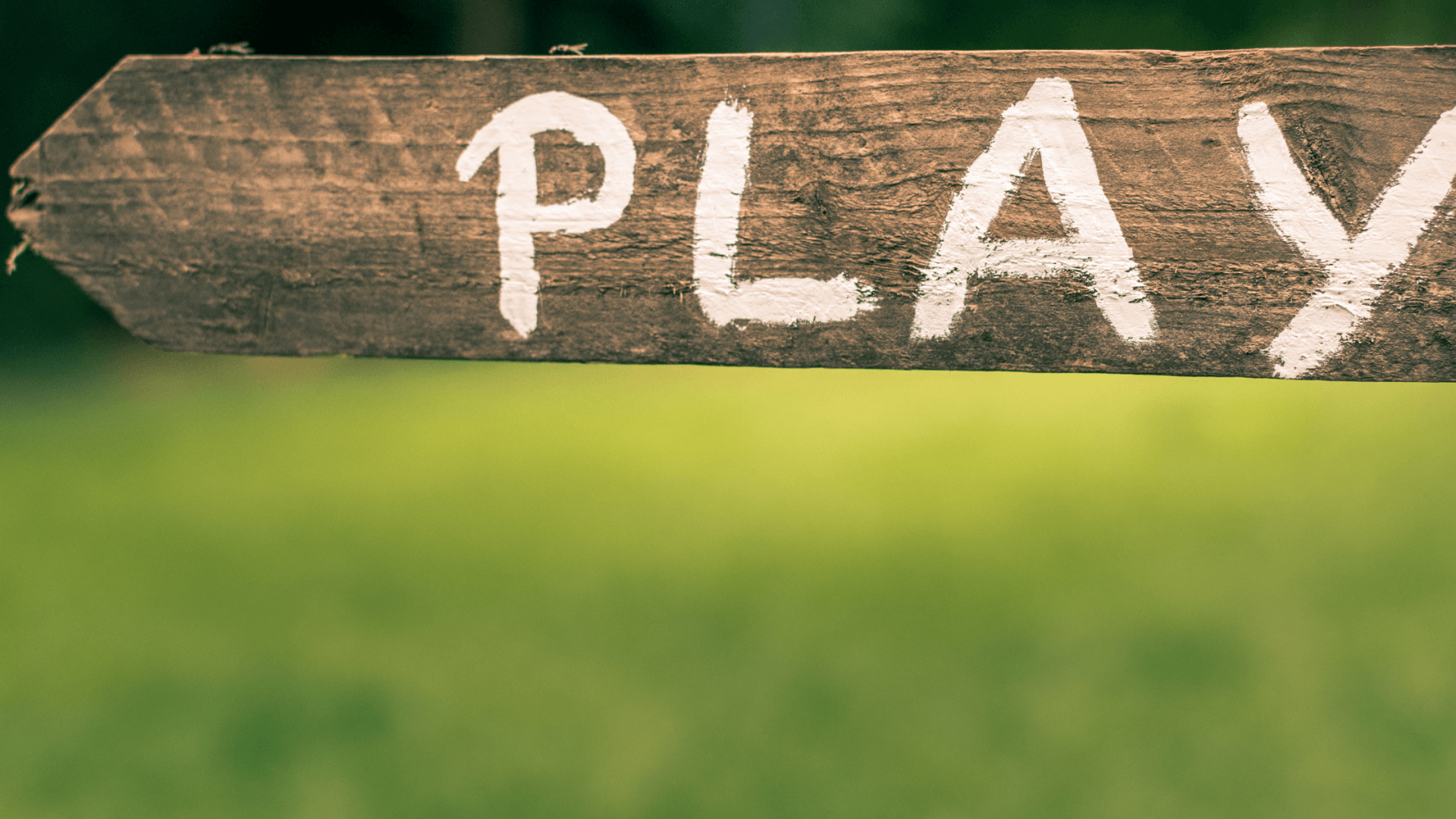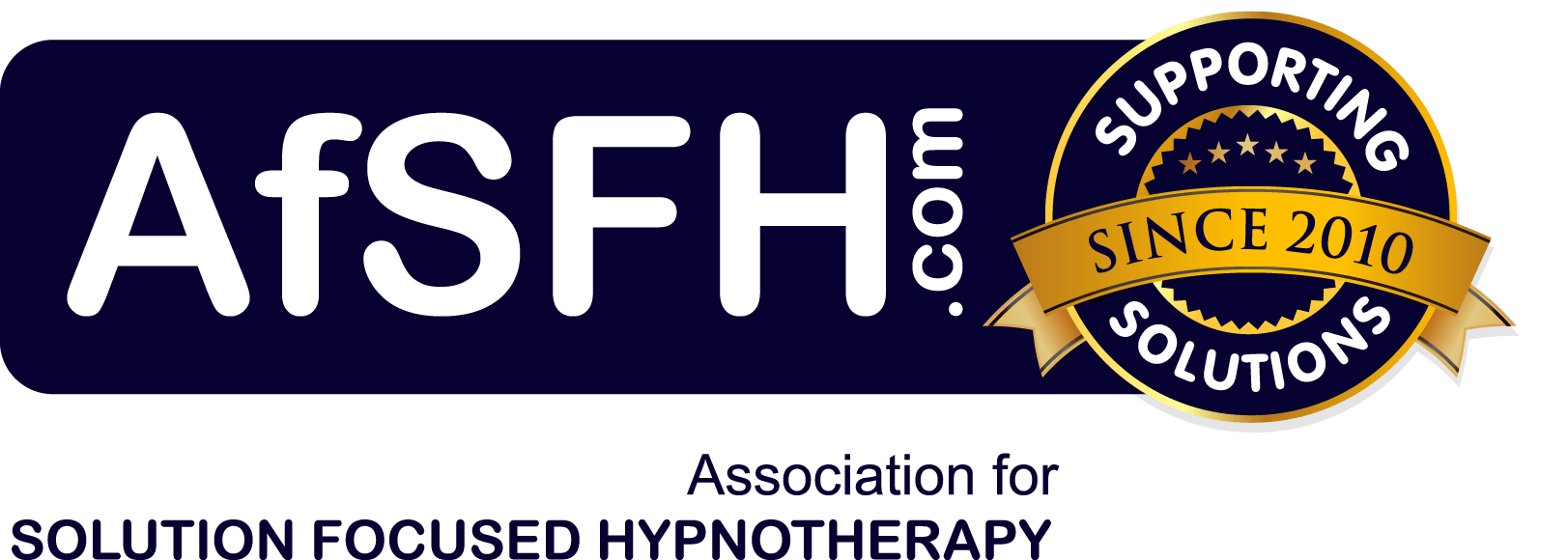And ... Relax
Elaine Neale • 10 April 2020
Remembering how to relax
Anxiety is on the increase in our modern society. More and more of us are suffering from anxiety or depression, diagnosed or not. Often this is caused by the pace of life and the constant demands on our time and attention. Obviously there are the added anxieties caused by the current global situation, lockdown and the associated social and financial impacts it is causing. All of this can make it difficult to relax, even though many of us now have the time to do just that.
So why is it difficult for you to relax?
A lot of it is to do with the fact the we've forgotten how. We've got so used to being constantly on the go, always expecting to be doing something, going somewhere and achieving something - at work and at home. We've forgotten what it is to completely stop and focus on ourselves for a while.
Just stop..... Don't feel guilty about it..... Just stop.... and relax.... How?
If you've read any of my other blogs you'll know that there's always some neuroscience that underpins it all. I love that! It's real and proven and we can use it to our benefit! Your mind loves a clear instruction and will do its level best to deliver for you. If that instruction is to relax, then your brain will make you relax but we have to help it achieve this by giving it the tools to do the job.
My tips for relaxation?
- Find somewhere you won't be interrupted. If necessary, let others in your household know that you don't want to be interrupted or you might find they helpfully pop in half way though your relaxation time to make sure you're OK.
- Switch your phone off!
- Get comfortable. This can be anywhere you can relax comfortably, just make sure it's safe and your not going to fall off when you relax your muscles, or get tripped over by anyone else if you've decided to stretch out on the floor!
- Clear your mind. Don't try and think about nothing or you'll just find yourself focused on the stuff that's stressing you out again. Instead, try to focus on your breathing. Each breath in through your nose and out through your mouth, becoming slower and more regular. You can imagine each breath out expelling the anxiety and tension from your body.
- Mental Relaxation. Give your brain the instruction "relax" - remember don't bark the instruction! Softly does it!
- Physical Relaxation. We all carry tension in our muscles and they need a little help to let it go. You might find it helpful to start at the top of your head and work your way down your body, focusing on releasing tension from each area/muscle group as you go. You can also tense the muscle you're focussing on and release it as you tell it to relax in your mind. As you relax you'll feel the change in your body.
- Take your time!
- Start at the top of your head. Release and relax the tiny muscles in your scalp, move onto your forehead and around your eyes. Then the mouth... don't worry if your mouth falls open, nobody's looking!
- Move on to the base of your skull, your neck - a lot of people carry tension in their neck that can lead to headaches and migraines.
- Across your shoulders and down through your arms, your wrists and to the very tips of your fingers.
- Return to the torso and relax the chest.... and across your stomach (it might gurgle - don't worry, this is a good sign!)
- Relax the muscles down your back, either side of your spine. Into your lower back and across the pelvis.
- Into your legs now. Move down the muscles in your thighs, then into your lower legs, releasing tension as you go.
- Relax your ankles (rotate them gently if they feel stiff), stretch out and release your toes.
- Stay there as long as you like. Your mind might wander and that's OK but try and keep it positive - the good things, pleasant memories, imagining yourself to be in your favourite place or holiday destination, things you're looking forward to are all good examples.
- Don't get up too fast! When you're ready to get up, take your time to re-adjust so you don't feel dizzy.
Now you're ready to get back to your day, feeling more relaxed and in control. One last one...
- Repeat as often as you need to. Relaxation is especially useful at bedtime if you're having trouble clearing your mind or getting to sleep.
Why not give it a go? You have nothing to lose but your anxiety.
